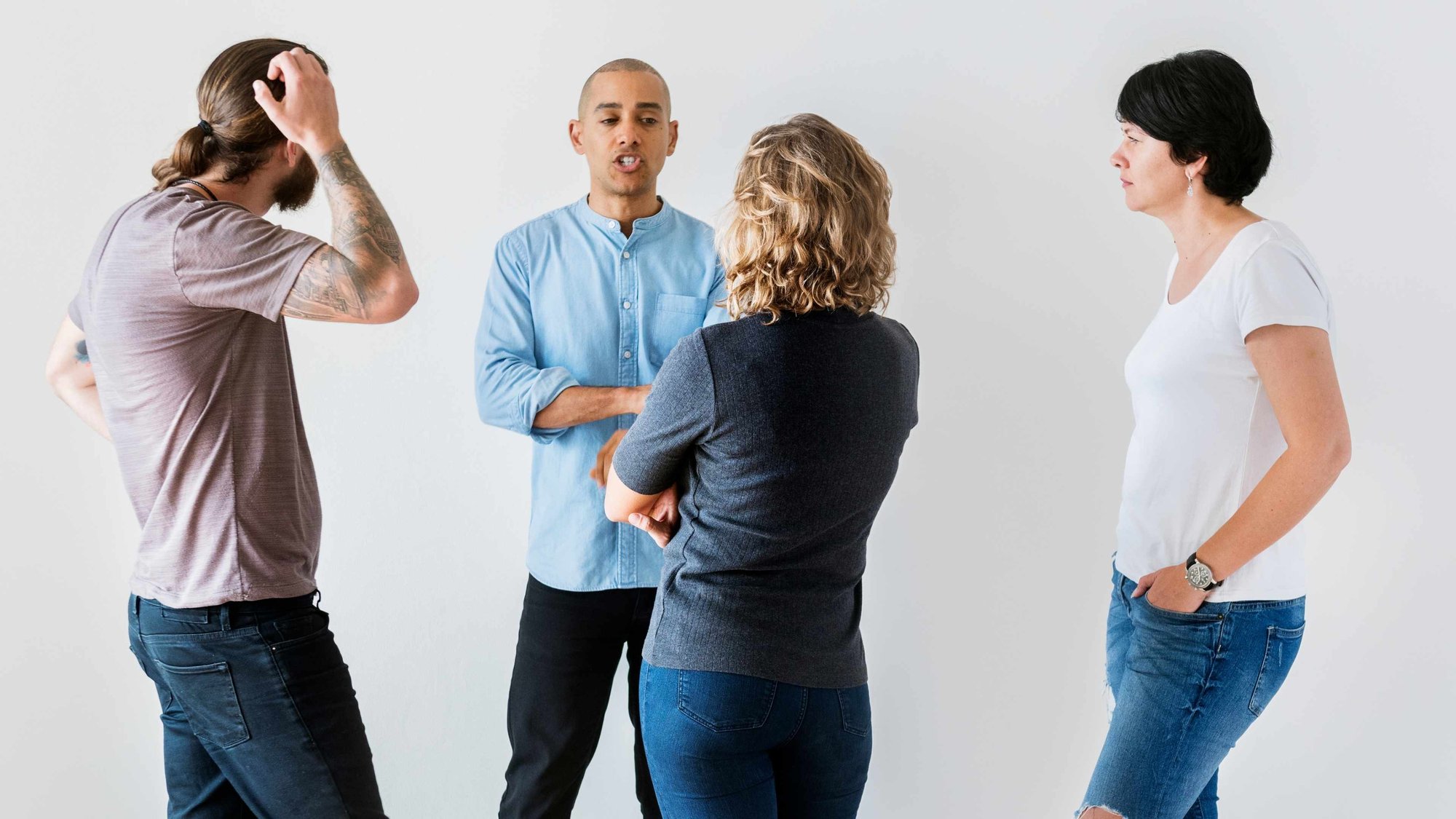Stop arguing about which Safety Methodology is best - the model barely matters!
Lately there have been some spirited discussions about the relative merits of the ever-increasing safety methodologies out there. For example, on LinkedIn, one person will fiercely defend their favoured methodology when attacked by an equally zealous proponent of a different methodology, then others will join in and it can get pretty heated ... and in my opinion, a complete waste of time.
Let me explain!
There are numerous methodologies available to the safety practitioner - Behaviour-Based Safety (BBS), Safety I, Safety II, HOP, Resilience Engineering, Safety Differently ... etc. All have their strengths and limitations, but does one particular methodology predict more positive (safety) outcomes than another? There are no peer-reviewed articles (at least that I'm aware of) that would suggest this is the case, in which case we are talking about opinions rather than empirical evidence.
My background is in applied clinical psychology. Similar to safety, the fields of clinical and counselling psychology have an abundance of therapeutic methodologies - Psychodynamic, Behavioural, Cognitive, Humanistic, Positive Psychology ... etc.
At some point in the early stages of study, most budding clinicians identify a favoured approach (or approaches), for example, my favoured methodologies tended to be cognitive and humanistic rather than behavioural.
In a particularly memorable lecture, the professor asked us to identify our favoured approaches and discuss in small groups - what happened next was quite amazing! Very quickly, students started attacking other students for favouring a different modality to their own. People really dug in, attacking and defending in equal measure (a bit like LinkedIn!).
After a while, the sage lecturer pulled us up and said "Ok, lets have a look where a given methodology sits in terms of being a predictor of positive outcomes". The lecturer then explained that the methodology used ... ANY methodology ... was WAY down the list in terms of its predictive power, to the point of insignificance. The room went quiet (what the hell have we been arguing about?).
"So", we asked - "what DOES predict positive outcomes?" - to which the lecturer replied ... "The therapeutic alliance!". In other words, it matters very little what model a clinician uses, if they have not first helped to create the alliance between the client and themselves. At the heart of a therapeutic alliance is TRUST - the trust a client needs to experience in order to authentically share their thoughts, feelings, concerns etc.
Most clinicians describe their approach as eclectic - that is, they will draw from several different methodologies under different situations. They recognise that once the therapeutic alliance is formed, they are free to use a model (or combination of models) that best fits a current client challenge.

"Unless the mistrust of the workforce can be overcome then even the most well-intentioned and sophisticated management initiatives will be treated with cynicism and undermined"
Gunningham and Sinclair (2012)
Let me suggest it is no different in safety - there is no evidence one safety methodology leads to more positive safety outcomes than another, so why so zealous in needing to argue about models? Unless we first create the alliance with our teams, the models we use won't really matter! I tend to favour more humanistic approaches to safety, largely because they fit my personality and I find they are more effective in building a trusting alliance. Once we have the alliance, we too can become eclectic practitioners, drawing from the various strengths of different models. However, if you have NOT created the trusting alliance, the model you use wont matter one jot!
Respectfully, its NOT about the model, and no amount of pseudo-intellectualisation or navel-gazing will change that fact. By all means learn about the various models - they all offer something just as they all have limitations - and then you can draw from them eclectically as situations demand, but remember, your time would be much better spent on creating a trusting alliance than on debating which model is "right".
ABOUT THE AUTHOR
Clive Lloyd is an Australian psychologist who assists high-hazard organisations to improve their safety performance through the development of trust and psychological safety and by doing Safety Differently. He is the co-director and principal consultant of GYST, and developer of the acclaimed CareFactor Program.
Evolve your safety culture
Ready to create lasting change? Discover how GYST can support your people to build a safer, stronger workplace.


